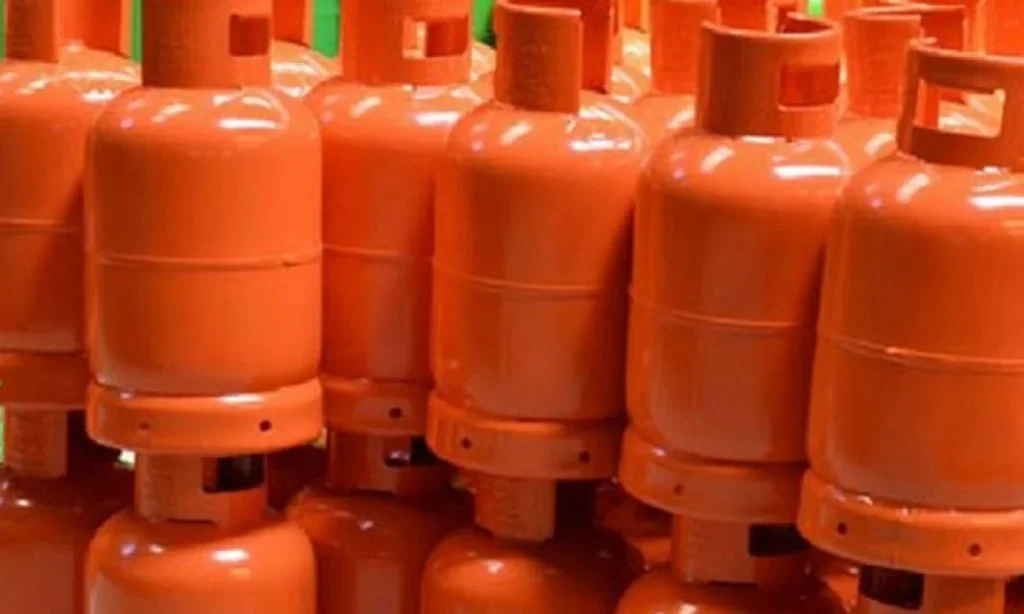Cooking gas prices in Nigeria have eased recently, dropping to between ₦1,300 and ₦1,500 per kilogram from ₦2,000 just three weeks ago, according to gas sellers.
This change offers some breathing room for families relying on liquefied petroleum gas (LPG) for daily cooking, as supplies start to steady.
Ayobami Olarinoye, head of the Liquefied Petroleum Gas Retailers Association of Nigeria, shared the update. “Supply is picking up, and costs are coming down, though not fully to old levels yet,” he said. “Depending on the area, it’s now ₦1,300 to ₦1,600 per kg.” He noted that while the market isn’t fully steady, continued flow could bring more balance in the coming week.
Consumers Weigh In on the Change
Users report lower tags at local outlets, a welcome shift from recent highs. Still, many want prices to fall further, ideally to ₦900 per kg or less, to ease monthly budgets strained by rising living costs. “It’s better, but we need it cheaper to keep up,” one Lagos shopper said.
The dip follows weeks of shortages and spikes, linked to labor disputes at key facilities. A brief work stoppage by oil workers disrupted distribution, pushing costs up and limiting stock. Even after the halt ended, availability lagged, but recent gains signal recovery.
Government Steps Up on Hoarding
Petroleum Resources (Gas) Minister Ekperikpe Ekpo addressed the issue last week, vowing to target sellers stockpiling or overcharging. “We’ll crack down on those harming users,” he promised. This comes as retailers highlight gaps between what they buy from producers and what they charge end buyers.
Aliko Dangote, head of the new refinery, once warned of direct sales if middlemen didn’t ease prices. Retailers say they get LPG at ₦715 per kg from the plant, but pass it on at higher rates due to transport and other fees. “We can’t set retail prices; that’s up to regulators,” a refinery contact explained. A metric ton equals 1,000 kg, so bulk deals amplify the spread.
Blame Game Among Gas Players
The Nigerian Association of Liquefied Petroleum Gas Marketers pointed fingers at retailers for the earlier jumps. Their leader, Oladapo Olatunbosun, blamed small sellers for inflating costs. Retailers fired back, calling the claims unfair and pointing to upstream costs and supply chains as the real culprits.
This back-and-forth highlights tensions in the LPG sector, where producers, distributors, and shops juggle volatile inputs. As Nigeria’s gas use grows for cooking, stable pricing is key to avoiding hardship for low-income homes.
Hope for Steady Supply
Olarinoye stays upbeat. “With steady inflows, we’ll see more calm soon,” he added. The government backs this, pushing for better oversight under the Petroleum Industry Act. Regulators like the Nigerian Midstream and Downstream Petroleum Regulatory Authority control wholesale rates, but retail freedom leads to ups and downs.
For now, the price slide brings relief, but full normalcy depends on unbroken supply lines. As families stock up, eyes are on producers to keep the momentum, ensuring affordable energy for all. This could mark a turn toward more reliable access, cutting reliance on costlier alternatives like charcoal or firewood.




















